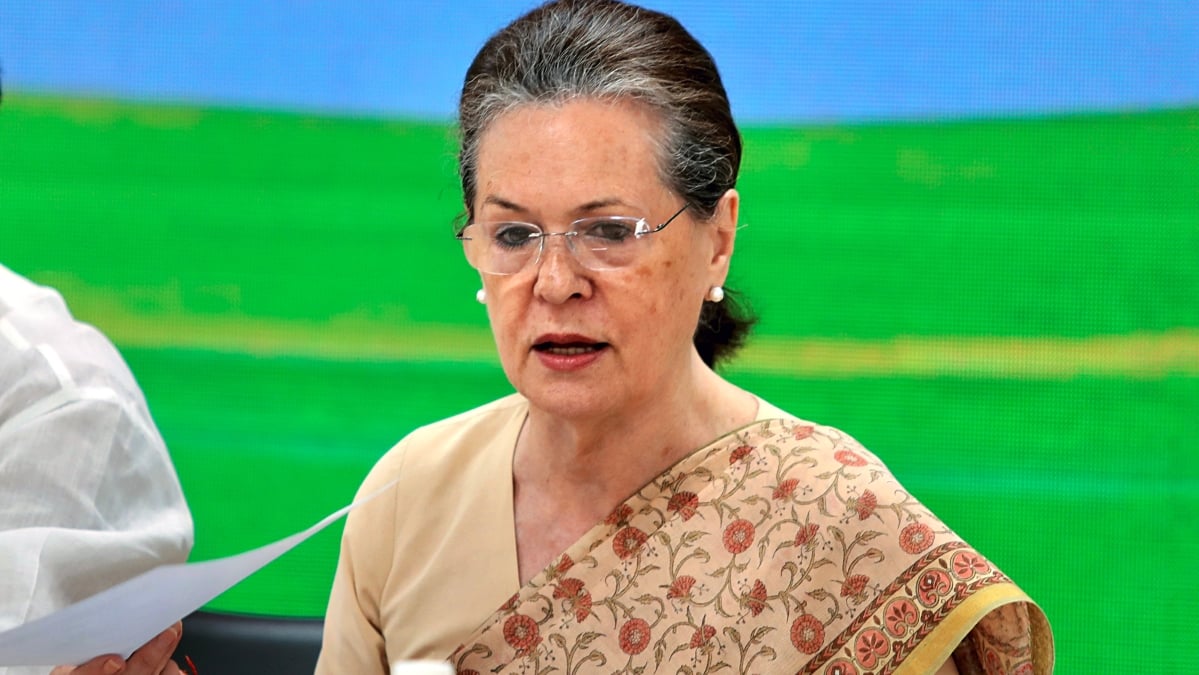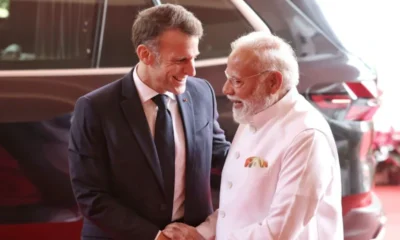India News
Congress chief Sonia Gandhi writes to PM Modi, asks to ensure supply of anti-fungal drug Amphotericin-B
The Union Health Ministry on Friday said license has been given to five more manufactures for production of Amphotericin-B and they will start producing 1,11,000 vials of the drug per month from July.

India News
BJP to launch 5,000-km Parivartan Yatra across West Bengal ahead of Assembly elections
India News
BJP alliances in Assam likely to be sealed by March 10
India News
Rohit Pawar alleges big personality link in Ajit Pawar plane crash case
-

 India News24 hours ago
India News24 hours agoBJP to launch 5,000-km Parivartan Yatra across West Bengal ahead of Assembly elections
-

 Cricket news23 hours ago
Cricket news23 hours agoT20 World Cup 2026 Super 8 points table after England beat New Zealand by four wickets
-

 India News24 hours ago
India News24 hours agoBJP alliances in Assam likely to be sealed by March 10
-

 Latest world news24 hours ago
Latest world news24 hours agoTrump declines to intervene as Pakistan-Afghanistan tensions escalate
-

 Latest world news20 hours ago
Latest world news20 hours agoIsrael, US strike Iran as explosions rock Tehran, sirens sound in Tel Aviv
-

 LATEST SPORTS NEWS18 hours ago
LATEST SPORTS NEWS18 hours agoRanji Trophy final highlights: Jammu and Kashmir clinch maiden title after draw with Karnataka














